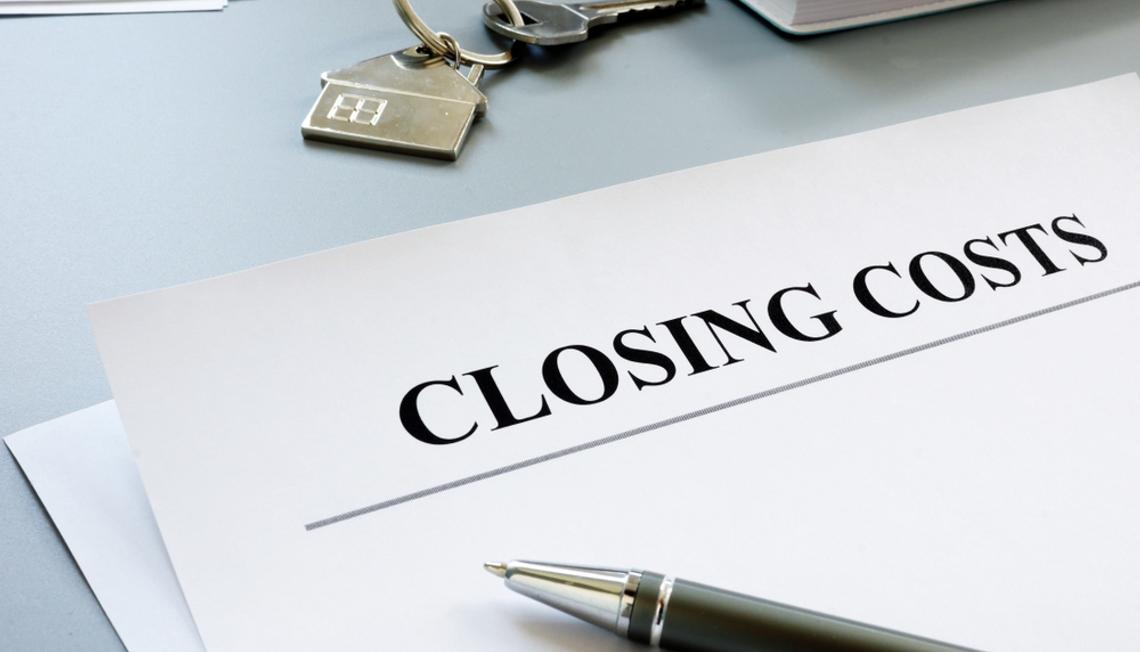We’re in a seller’s market. Many people who have their homes listed are thinking about the potential profit they’ll make on the sale. But before you start calculating just how much you’re going to pocket after closing once you pay off the balance of your mortgage, you need to consider what your closing costs will be. Sellers can expect to pay up to ten percent of the sales price in fees when closing. While specific fees will vary depending on your location and situation, here’s a breakdown of what typical closing costs are for sellers.
Loan payoff fees
When you sell your home, money from the sale will be paid towards what you still owe on your mortgage. But you should expect the amount to be higher than the actual remaining balance. In some situations, your lender may require you to pay prorated interest for your home loan as a prepayment penalty. You’ll also be required to pay off any home equity loans or lines of credit that you have.
Commission fees
As the seller, you’ll likely pay the commission fees for the real estate agents that worked on the deal — both the buyer’s agent and your agent. While the fees can vary, they are usually about six percent of the sales price. This is split between the agents.
Attorney fees
Not all real estate transactions require an attorney. But if you did use an attorney during the sale of your home then you may be paying attorney fees at closing. In some markets, buyers and sellers have different attorneys. In others, the buyer and the seller share an attorney for the transaction. The seller isn’t always responsible for this fee. If you have any questions about attorney fees, how much they are, and who pays them, then talk with your agent.
Title insurance fees
Title insurance helps to protect the buyer in a real estate transaction in case there are any disputes with the title after the sale closes. Sellers typically pay the title insurance fees at closing.
Liens or judgments
If the title search uncovers any liens or judgments against your property, then these will also need to be paid before you can close on the home. Liens stay attached to the property, they do not follow the owner of the property, so they must be satisfied before the sale can proceed.
Taxes and recording fees
As a seller, you’ll be paying transfer taxes when you close. These are imposed by your local or state government to cover the cost of transferring the title from you to the buyer. You must also pay any outstanding property taxes that are due before the sale can be completed.
Repair costs
If the home inspection turned up any issues and you agreed to have these problems repaired, then you’ll need to pay for those repair costs before closing. These can often be paid as a credit to the buyer.
HOA dues
Finally, if your home is part of a homeowners association, then your dues must be paid in full up to the date of closing.




